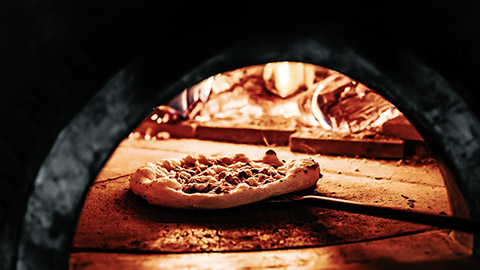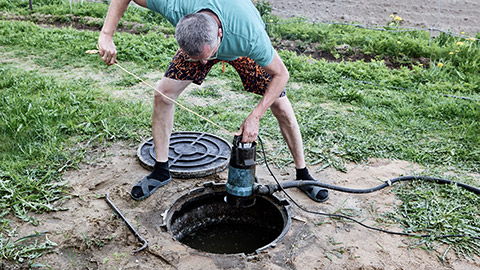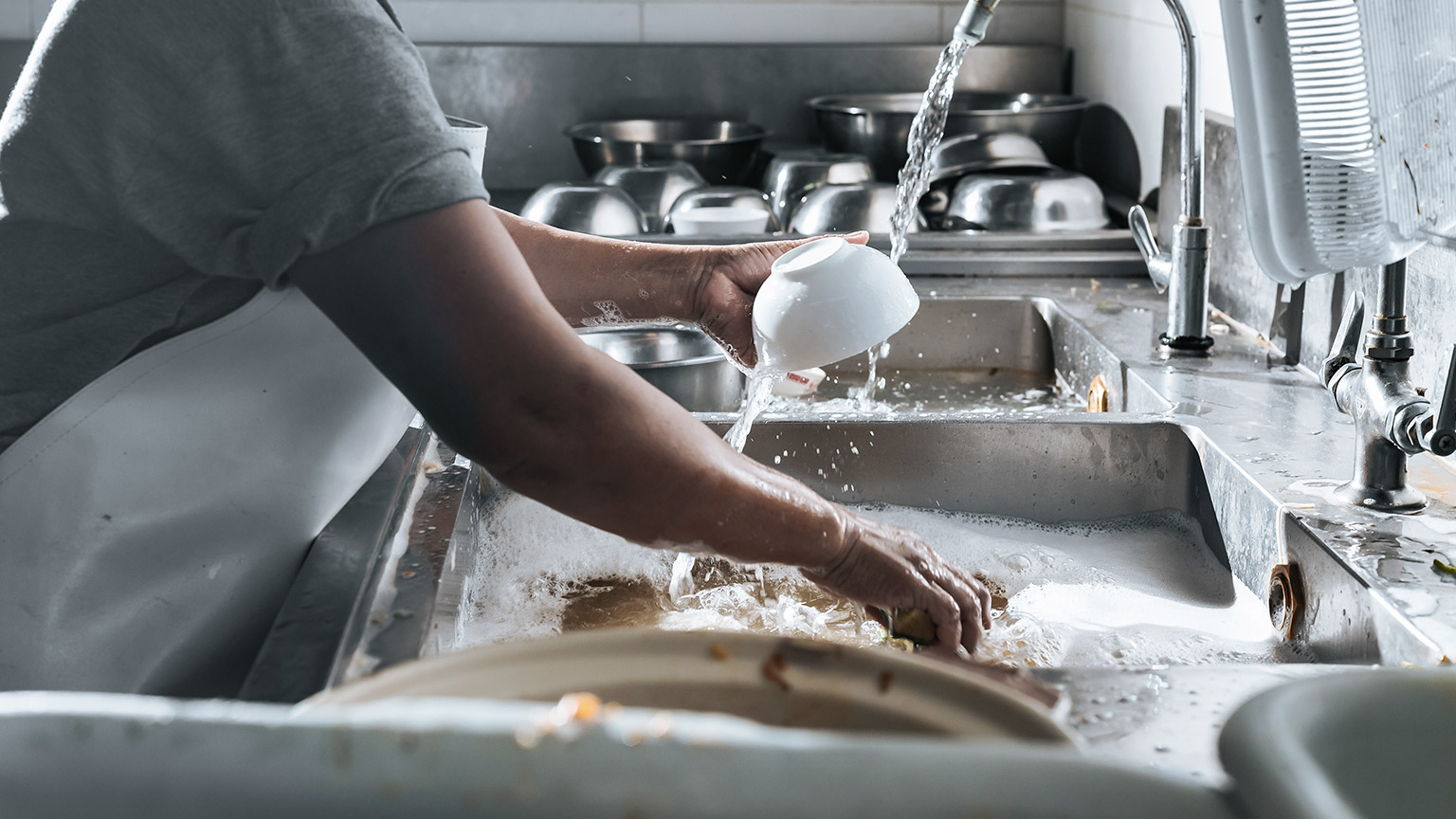How we approach energy and water use in a commercial kitchen can have a huge financial and environmental impact.
Commercial hospitality is one of the highest consumers of energy:

Restaurant Energy Use, n.d.; Energy Use in a Kitchen, n.d.
Exercise 13
Thinking about how a commercial kitchen is run, what different kinds of energy are used in the production of food for customers? List them in your journal, with examples of how/where each type of energy is required.
(Think not only about the actual kitchen requirements, but also how supplies are delivered and waste removed.)
Environmental Sustainability Example: Electricity
Of all the forms of energy use in a commercial hospitality operation, electricity is the most widely used. From keeping fresh ingredients cold, to lighting the kitchen and dining room, cooking food and providing HVAC (heating, ventilation, air conditioning) to make working and dining conditions comfortable, electricity is an essential resource and heavily relied on in hospitality businesses.
Most of us take electricity for granted – available literally at the flick of a switch and relatively cheap. But how it gets into our workplaces is often not thought about. From the perspective of environmental sustainability, electricity generation is becoming an increasingly important issue. As business owners and workers we may not be able to influence how electricity is produced, but we can think about how we use it. We need to be aware of the impact that electricity production has on the environment so we can take all reasonable measures to use it wisely.
There are many ways electricity is generated – from traditional methods like fossil fuel powered stations but there are new technologies producing power in a more environmentally-friendly way.
Research some of the different ways electricity can be produced and briefly analyse the positives and negatives for each in terms of sustainability and the environment.
Self-directed Learning
Now that you have researched some of the environmental impacts of electricity production, how would you use this knowledge to run a commercial hospitality business? (You can use these ideas in Task 2.)
You have researched the different ways electricity is generated and the environmental impact of each method, but what about the other forms of energy used in commercial hospitality operations?

Exercise 14
Research some of these other forms of energy (fossil fuels, solar, wind etc.) used in hospitality, noting the pros and cons of each and their environmental impact in your journal. (Remember - deliveries are also considered part of your business.)
You may find the following links useful for your research.
Self-directed Learning
Again, thinking ahead to Task 2, how might a responsible food business operator change their operation to improve energy sustainability and the impact on the environment of their business?
Water is one of the most important players in sustainable practices. It is crucial for healthy socio-economic development, vibrant ecosystems, and for humans to live and thrive.

Take some time and study this United Nations page about water and sustainable development. The image above is a snippet of a larger infographic on that page, which identifies various facts about global water use. After you have absorbed that information, watch the following video about the importance of valuing water.
Watch
The world's water crises is also described in this video.
Exercise 15
After reading and watching the information above, answer the following questions in your journal.
- How many people is it estimated that do not have access to safe drinking water?
- Which human activity is responsible for the greatest amount of water used?
- How many uses for water can you think of in for a typical hospitality business (café, restaurant, catering company, hotel or other)?
- Do we pay for water in New Zealand? (Directly or indirectly.)
- What is the Three Waters Reform Programme? Research and summarise your findings in your journal. Do you agree with the proposal? Why/why not? How will it affect the hospitality industry?
With 3 billion people worldwide not having access to fresh water, and agriculture responsible for 70% of the world’s water use, it is clear that water is a precious and valuable resource which should be used responsibly and conservatively.

Study the pie chart showing water usage in US restaurants (Flusberg, 2022) and answer the following questions in your journal.
- Do these proportions seem in keeping with good practice?
- What could ‘other’ include?
- Discuss the implications for hospitality in all the end uses of water in restaurants.
- What factors would affect the amount of water a restaurant uses? What types of restaurants would you expect to use the most water?
Self-directed learning
Some US studies suggest restaurant water usage could be as much as 95,000 litres daily, however, the more common estimate for a typical sit-down restaurant is 11,000 to 25,000 litres per day, with an average of around 22,000. Another proposed number is 90 litres per seat per day. (Flusberg,2022)
- Convert 22,000 litres/day into litres/month. (Not all months have the same number of days.)
- Calculate the annual water bill for a restaurant using 22,000 litres/day, assuming the cost of water is the same as it is in your region. (You will need to find out what your local council charges for water.)
- It is generally acknowledged that water is routinely wasted in large quantities in almost every food service operation, from the smallest café to the largest institution. Savings of 25% - 30% are feasible through relatively small changes. (Flusberg, 2022).
- What steps could a restaurant take to reduce its water usage?
- How much money would be saved annually by the restaurant above if it reduced its water usage by 30%?
